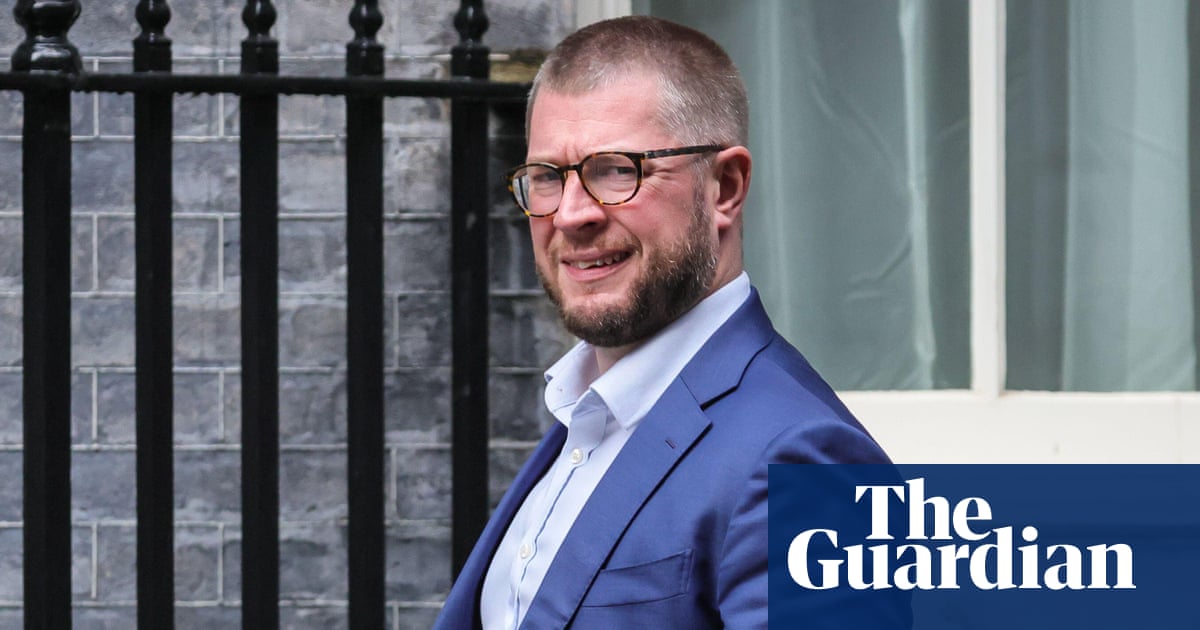The climate crisis has raised the price of commodities and exacerbated famine – and only strong action on greenhouse gas emissions can restore economic stability, the UN’s climate chief has said.
Simon Stiell, the executive secretary of the UN framework convention on climate change, was speaking in Panama, where recent years of drought drove the water to perilous lows that disrupted international trade.
He said: “The same droughts that plague the canal are affecting essential commodities worldwide, reducing harvests, emptying shelves, and pushing people into hunger. Famine is back, and the role of global heating cannot be ignored.”
But he said investors around the world were “ready to hit the go button on huge investments” if they had the right signals from governments.
“Clear and strong climate policies are an antidote to economic uncertainty,” he said. “Climate policy can help get trade flowing and economies growing, and prevent wildly destructive climate impacts.”
Governments are supposed to come forward within the next few months with new national plans on greenhouse gas emissions. Stiell said: “In the past, climate plans have often focused mainly on cuts – cuts to greenhouse gas emissions and to old-fashioned energy. This new generation of climate plans are really about growth: growing industries and economies, and building a better future. One where nature is protected, and where people have better opportunities.”
He added: “Done right, these plans can attract a bonanza of benefits: more jobs, more revenue, and a virtuous cycle of increased investment.”
Stiell also warned against “a two-speed transition, where some countries race ahead with clean energy and climate resilience and leave others behind”. However, the climate finance that poor countries need to increase renewable energy investment and protect against the ravages of climate breakdown is under increasing threat.
The withdrawal of the US from the Paris agreement and the Trump administration’s dismantling of most forms of overseas aid will leave tens of billions of dollars lacking in the coming years. Support from other developed countries looks unlikely to fill the gap.
The UK has also slashed overseas aid, from 0.5% to 0.3% of national GDP. Although Downing Street has previously indicated to the Guardian that the current climate finance pledge, of spending £11.6bn from 2021 to 2026, would be ringfenced, there are concerns that it could be watered down, and no certainty over what will follow beyond next year.
A group of more than 80 civil society organisations has written to the prime minister to point out that taxing fossil fuel interests could pay for current climate finance pledges many times over.
Over the next five years, the UK could raise £115bn by measures including making permanent the windfall levy on the excess profits of fossil fuel producers; redirecting the current subsidies to fossil fuels; taxing luxury travel such as private jets and super-yachts; and imposing a small tax on the super-wealthy.
In a letter seen by the Guardian, they also pointed out that opinion polls showed strong support for such measures among voters.
Catherine Pettengell, the executive director of Climate Action Network UK, said: “Climate action is in everyone’s interests, for stability and prosperity at home and all around the world. The UK has demonstrated leadership with its [national plan for cutting greenhouse gas emissions], but domestic action alone is not sufficient. The real test of UK climate leadership is the provision of climate finance to those least responsible but suffering the most devastating impacts of climate change.
“As the fifth largest historical emitter and sixth largest economy, the UK has both the responsibility and the capability to do far more to invest in the climate action needed and to ensure no one is left behind in the domestic and global transition.”
Signatories to the letter included Action Aid, Concern Worldwide, Greenpeace, Oxfam, Save the Children and the RSPB.
A government spokesperson said: “You wouldn’t expect us to speculate on the content of the spending review ahead of time, but the UK remains committed to supporting global efforts to tackle climate change. The UK’s international climate finance has helped 110 million people adapt to the effects of climate change, provided 82 million people with improved access to clean energy, and helped to mobilise billions in private investment. Meeting the £11.6bn ICF commitment by March 2026 remains our ambition.”

 3 months ago
82
3 months ago
82

















































